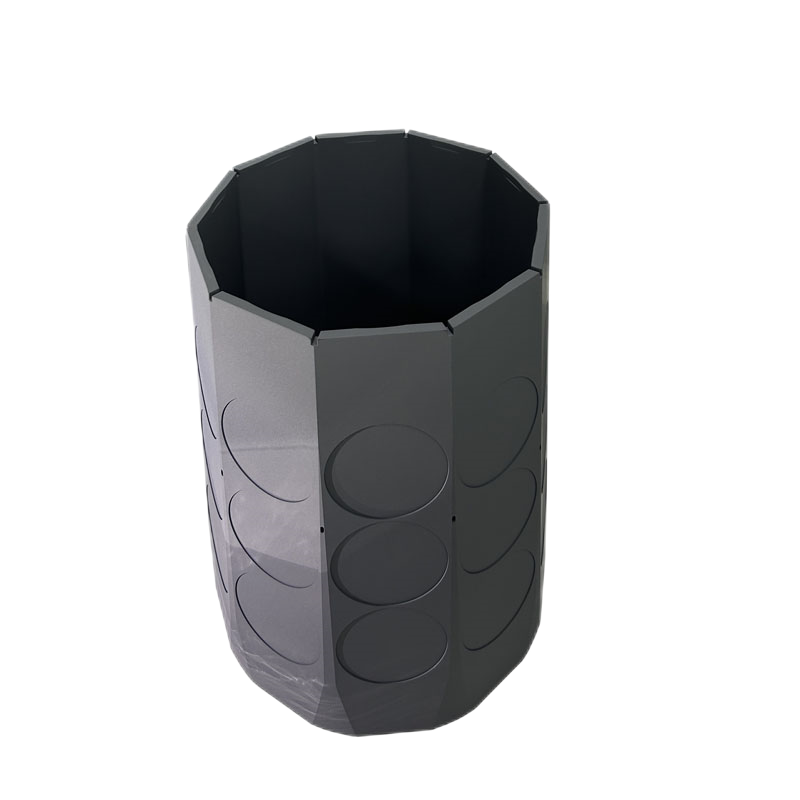Applications of CVD SiC Coating
The CVD SiC coating process is widely used across several industries due to its versatility and performance benefits. One of the primary applications is in semiconductor manufacturing, where SiC-coated components help protect delicate surfaces during wafer processing. CVD SiC-coated equipment, such as susceptors, rings, and wafer carriers, ensures high-temperature stability and prevents contamination during critical manufacturing stages.
In the aerospace industry, CVD SiC coating is applied to components exposed to extreme heat and mechanical stress. The coating significantly extends the life of turbine blades and combustion chambers, which operate under harsh conditions. Additionally, CVD SiC is commonly used in the production of mirrors and optical devices due to its reflective and thermal stability properties.
Another key application of CVD SiC is in the chemical industry. Here, SiC coatings protect components like heat exchangers, seals, and pumps from corrosive substances. The SiC surface remains unaffected by acids and bases, making it ideal for environments where chemical durability is essential.

Characteristics of CVD SiC Coating
The properties of CVD SiC coating are what make it highly effective in these applications. One of its main characteristics is its hardness, ranking close to diamond on the Mohs hardness scale. This extreme hardness gives CVD SiC coatings remarkable resistance to wear and abrasion, making them suitable for high-friction environments.
Additionally, SiC has excellent thermal conductivity, which allows coated components to maintain their integrity even under high temperatures. This is particularly important in semiconductor and aerospace applications, where materials must withstand extreme heat while preserving structural strength.
The chemical inertness of CVD SiC coating is another notable advantage. It resists oxidation, corrosion, and chemical reactions with aggressive substances, making it an ideal coating for chemical processing equipment. Moreover, its low coefficient of thermal expansion ensures that coated surfaces retain their shape and function even under thermal cycling conditions.
Conclusion
In summary, CVD SiC coating provides a durable, high-performance solution for industries requiring materials that can endure extreme heat, mechanical stress, and chemical corrosion. Its applications range from semiconductor manufacturing to aerospace and chemical processing, where the properties of SiC—such as hardness, thermal stability, and chemical resistance—are critical for operational success. As industries continue to push the boundaries of performance and reliability, CVD SiC coatings will remain a key technology for enhancing component durability and longevity.
By leveraging the expertise of specialized manufacturers like vet-china, companies can obtain high-quality CVD SiC coatings that meet the stringent demands of modern industrial processes.
Post time: Dec-18-2023
